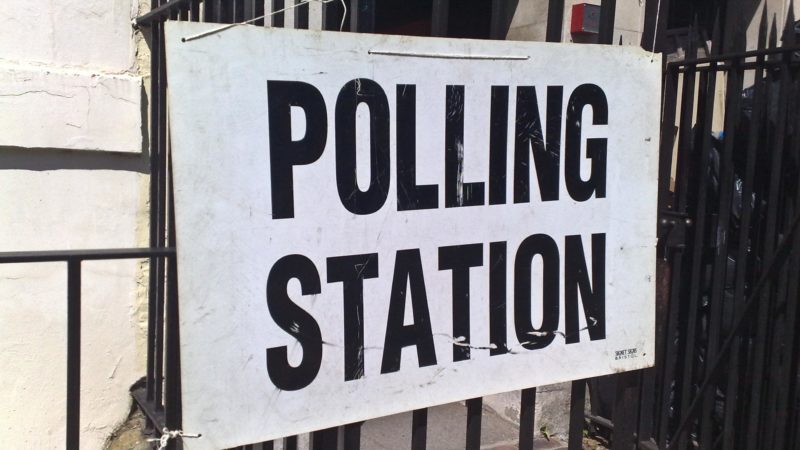It seems to leave the door open to online or postal-only voting.

The government’s wide-ranging emergency ‘Coronavirus bill’ is passing quickly through parliament.
It outlines measures to respond to the coronavirus crisis in a wide range of areas like healthcare, social work, birth registration and fingerprint records. It also outlines how the various type of election which have been postponed will be held.
In summary, it says that elections should be held on 6 May 2021 or before and that the next set of elections after that should be when they orinally planned to be. So if Shaun Bailey is elected Mayor of London in 2021, he will get a three-year term rather than the normal four-year term.
The bill also gives puts Cabinet Minister Michael Gove in charge of any further changes to how elections are held including “the manner” in which they are held. This seems to leave the door open to online or postal-only voting.
Local elections
- They will be held on the same date they were due to be held – but in 2021 not 2020.
London elections
- Elections for the Mayor of London and members of the London Assembly will be held on 6 May 2021 rather than 7 May 2020. Both dates are Thursdays.
- The next election after that will be held in May 2024. So the Mayor and Assembly members will only get three-year terms rather than four-year ones.
Other Mayors
- Like with the London Mayor, other Mayoral elections will be held on 6 May 2021 and then in May 2024.
- This applies to Mayors in the West Midlands, Liverpool, Bristol, Manchester and the Tees Valley.
By-elections
- Ordinarily, if a representative like an MP dies then a by-election would be held. But this bill gives the Minister for the Cabinet Office Michael Gove the power to delay any election.
- Gove cannot delay any election until further than May 2021 but he can delay an election as many times as he wants.
Welsh National Assembly
- The bill give the Llywydd (presiding officer) of the Welsh Assembly the power to set the date for elections, after consulting with Welsh ministers. This must be before 7 May 2021. Currently, the Llywydd is Labour’s Ann Jones.
Scottish Parliament
- The bill gives the Presiding Officer Ken Mcintosh the power to set a date for Scottish Parliament constituency elections. These were originally going to be held in May 2020. The date must be before 7 May 2021.
- Mcintosh must consult Scottish ministers and the convener of the Electoral Management Board of Scotland first.
Police and crime commissioners
- The elections will be held in 2021 not May 2020. No dates are specified in the bill.
- The next election after 2021 will be held when originally planned.
Other potential future changes
- The bill says that Michael Gove can use statutory instruments to make further changes. Statutory instruments are designed for supposedly uncontroversial legislation which can be passed without having to be brought to parliament.
- Among the areas Gove is given the power to make statutory instruments in are “the manner of voting in elections” which have been postponed. This seems to leave the door open to online voting or postal-only voting
- Another area mentioned in this context is compensation for local authorities and candidates who have incurred extra expenses as a result of this act. A local council by-election can cost around £3,000 to organise.
- In Wales, the Welsh government is given similar powers.
Left Foot Forward doesn't have the backing of big business or billionaires. We rely on the kind and generous support of ordinary people like you.
You can support hard-hitting journalism that holds the right to account, provides a forum for debate among progressives, and covers the stories the rest of the media ignore. Donate today.



